Everything on model trains, model railroads, model railways, locomotives, model train layouts, scenery, wiring, DCC and more. Enjoy the world's best hobby... model railroading!
Power To Trains
Ghi has HO scale and posts this questions for readers:
“I am just starting my model railroading. I made a big loop (20 x 4) . The trains run really well but the further from the transformer they go they start to slow down and when they come closer to the power source they speed up again. Can i put multiple power sources on the same loop from the same transformer?”

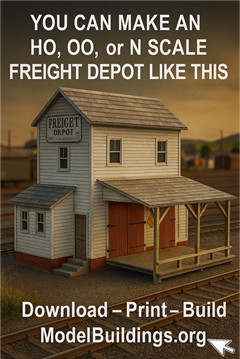
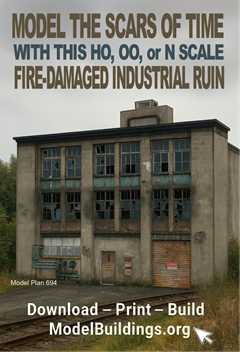
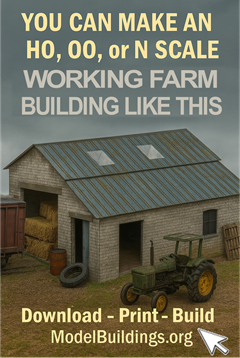
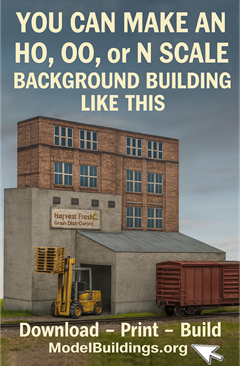
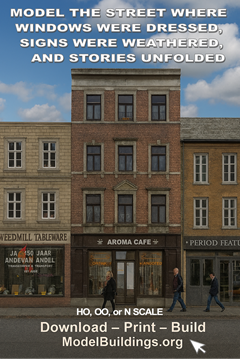

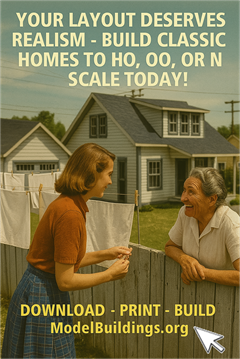
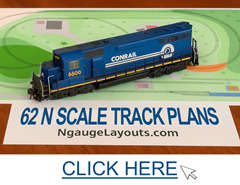
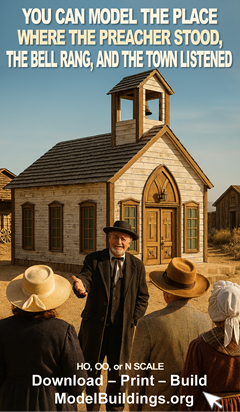
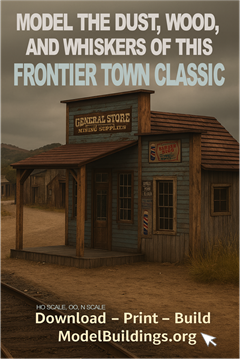
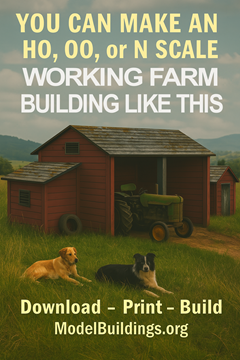
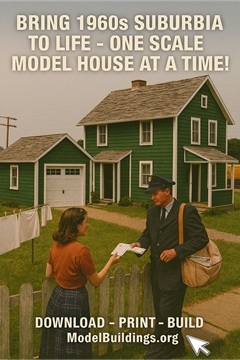
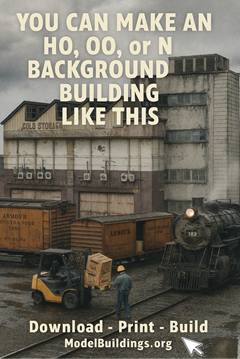
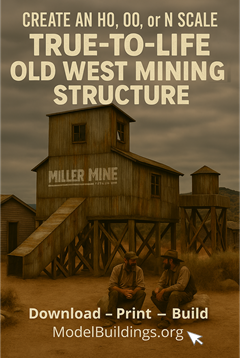
YES!
You CAN run additional connections from the same transformer. Actually, any additional transformers can be used IF they have the same IDENTICAL voltage.
The problem you are experiencing is the result of ‘rail loss’; the steel doesn’t make for a good conductor so the further away from the source the locomotive is the less voltage it will get.
The optimum situation would be to change to a DCC system which helps to eliminate that somewhat. You would still need additional taps to the line but your controller would be digital so the transformer would remain at the same voltage at all times.
Engine control is the only hang-up when it comes to additional transformers with the standard analog supply.
Idon’t think that you’ll need multiple power sources, taking into account the loop size. The problem must be the resistance added by multiple pieces of track, bad conduction, etc. Try to feed in, at least three different parts of the loop, using the same transformer (power connections in paralel:3 positive cables connected to the same transformer plug to 3 different tracks and 3 negative cables likewise). The 3 feed points should be distributed evenly in your loop. Hope it helps
Rails and rail joiners have electrical resistance, so the longer the track from the supply point to the loco position, the greater the resistance there is to the flow of electrical current.
So very simply, take additional feed wires from the controller terminals to the far side of the track. Make sure that you are connecting the inner and outer rails to their own respective terminals.
As Gustavo suggests, this could be done at three or more places around the track, even down to every yard, if you want very constant speed.
Hi Ghi
You would be best to run a main buss two wires under your base board with droppers coming up to the track an various stages ie. every meter or so. this will eliminate any high resistance joins at rail joins and will maintain an even voltage all the way round your track. Just make sure the polarity does not change red wire Positive to outside rail and black negative to inside rail then connect your controller to the main buss.
run two heaver gauge wires (power supply) say red and green under your layout more less following the layout of the track. this way you can drop feeder wire from the to the track to the supply wires. Just make sure that you connect all the feed wire on the one side of the track to the red wire and the other side to the green wire.
Just add 3 parallel connections as Gustavo Fernandez says. Why break head on going DCC when adding of 3 + wires & – wires spread evenly acrooss the loop to a single transformer solves theprob!
Thank you all for your input and anwers to my question. Much appreciated. Just starting, so probably have more questions in do time.
Would be a pleasure to share the experience & tackle the model railroad/ railway problems with easiest working solutions!